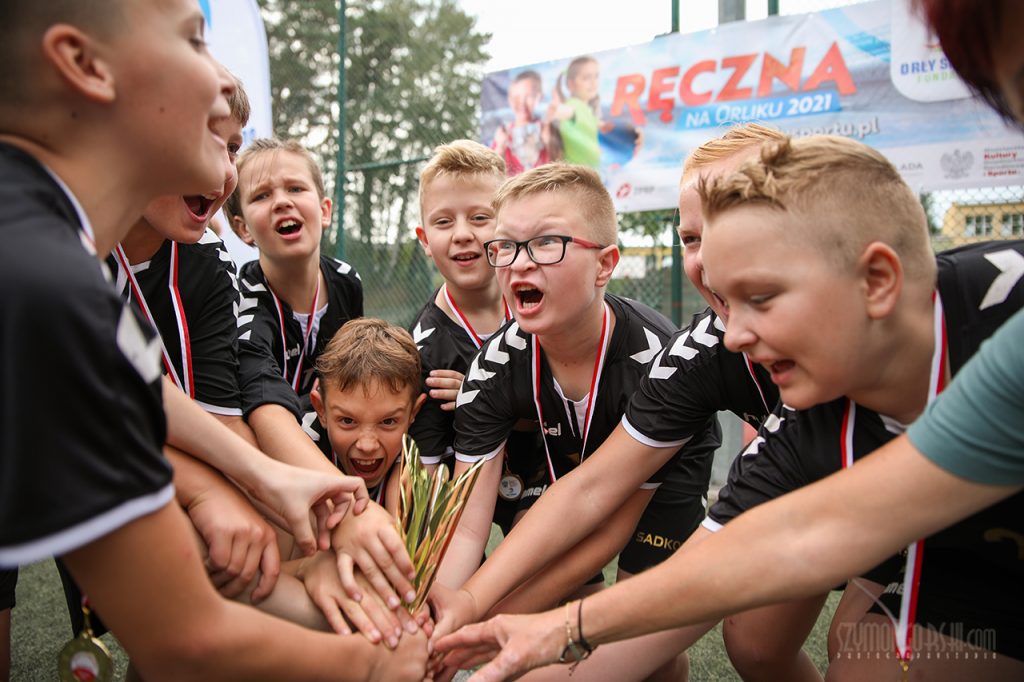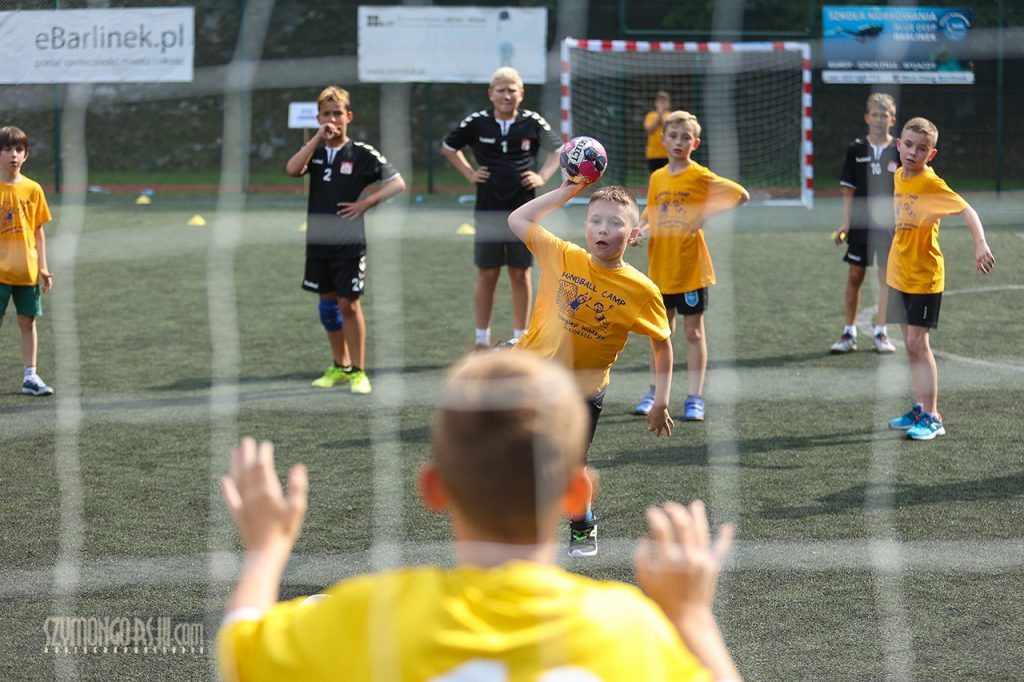Sponsored article
The editorial office is not responsible for the content of the article and the personal views of the author.
We often hear that sport is important for our health, and proverbs such as “sport equals health” or “healthy body, healthy spirit” have become part of our vocabulary. However, although we know this, it is much more difficult to introduce healthy habits into our lifestyle. This is particularly important in the case of children, since it is then that the first habits are formed
It is then that we should take care to introduce sport into our child’s activities, because its absence may have a negative impact on his or her health in the future.
The advantages of practicing sports need no introduction. We know that practicing sports is associated with an increase in the immunity of our body and a better mood. However, nowadays, with the development of technology, many children often choose to sit in front of a computer or a phone instead of going out in the fresh air with their friends. One does not have to wait long for the consequences of lack of movement. Many young people are overweight, suffer from back pain, or complain of constant fatigue.
Meanwhile, the antidote for these ailments is almost at hand. Physical activity not only helps to maintain a slim and healthy figure, but also reduces the risk of such diseases as diabetes, atherosclerosis and cardiovascular diseases in the future. Thanks to sports activities posture defects are corrected and the elasticity and strength of muscles increases

Sport positively influences not only the physical health but also the mental health of our children. This is extremely important, especially nowadays when direct contact with peers has been largely limited and part of life has moved to the Internet. Thanks to sports activities children have a chance to learn how to function well in a group of peers. Sport facilitates making new friends, strengthens such qualities as patience, regularity and perseverance.
Sport has an impact on the development of skills that will be useful in adult life. Thanks to it the child learns, among others, a healthy approach to competition or how to cope with rivalry. It is also an effective tool for building self-confidence.
It is worth starting sports habits as early as possible. From an early age try to show your child the fun that comes with sport. Let them play ball or ride a bike. Let activity be associated with joy and not with tedious duty. Such an approach will form in your child the habit for the future, and sport will be associated with fun.
Children usually try to imitate adults. If the parents instead of going for a bike ride or a walk, choose to sit in front of the TV, you can’t expect that the child watching it will behave differently.
On the other hand, if the child sees that doing sports gives us pleasure, it will certainly want to follow in our footsteps.
Spending time together in the fresh air, going for walks, rollerblading or cycling, will not only show our children how much fun sports are, but it will also help in building common bonds.
You can show your child that sports are interesting by taking them to a game or other sporting event to show them the atmosphere there. It is very likely that watching professional athletes and the passion with which they approach their sport will trigger the sporting spirit in your child.

Do not impose upon your child a specific sport discipline which he or she should practice. It is worthwhile for them to get to know various ways of physical activity. Having contact with swimming, running, skiing or soccer, after some time your child will decide for itself which discipline it likes best. Or maybe he will want to do a bit of each, which should not meet with our objection.
Let’s remember that any physical activity is good. Often the first sports classes are free, so before signing up your child for the long term, try out a few different options and see what he or she is most comfortable with.
Support your child in his or her athletic endeavors. Regardless of the outcome or progress; praise just for wanting to play sports.
Be a faithful supporter, participate in games or matches in which he or she participates. Remember to build positive feelings and atmosphere around these events.
Never use sports as a punishment. For example, don’t make them do 10 push-ups or 20 pull-ups for a bad grade. This can lead to a situation where sport will be associated with punishment, which will not translate well into a positive perception of physical activity. It is important that the child associates sport with the best possible things. Sport should be a pleasure and not a punishment
Sport should, above all, bring joy to the child and not be an indicator of our ambitions. It is important that the child wants to participate in sports and results should be a secondary consideration.
Not everyone has to be a professional athlete. Talk to your child and make him/her aware that the very fact of participating in sports is important.
Of course, the reward for physical effort does not have to be material. It is much more important to praise and appreciate the challenge. By doing so, you will motivate your child to do more
We hope that with the above advice, you will be able to encourage your children to be physically active. We invite you to join the classes organized by the Sports Eagles Foundation as part of sports projects throughout Poland
And remember: sport should always be associated with pleasure and fun.